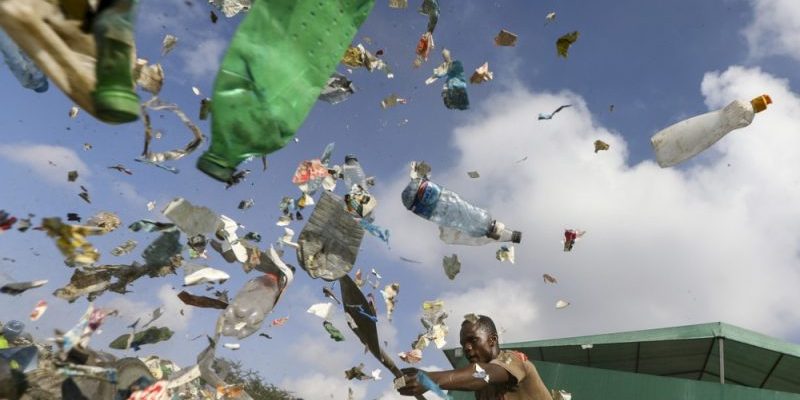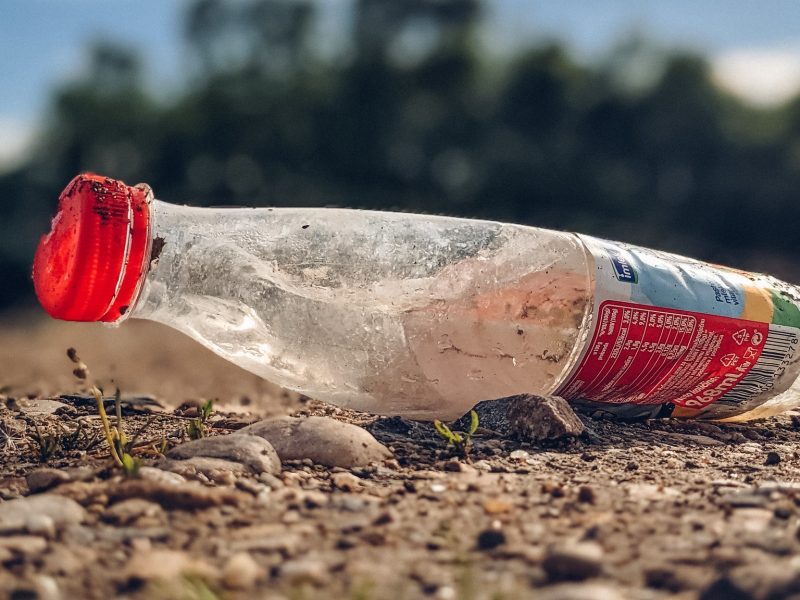For the first time, campaigners have proclaimed Friday 28 July 2023 as the date when the amount of plastic produced globally exceeds the capacity of waste management systems to absorb it, a move aimed at raising awareness about the issue.
Plastic Overshoot Day, announced by the environmental action network, Earth Action, is meant to raise awareness of the urgent need to tackle the plastic waste crisis.
According to their recently published report, combined international efforts to handle plastic waste will no longer be effective, leading to increased water and land pollution.
“By tracking Plastic Overshoot Day, we can identify the magnitude of the plastic waste problem and hold governments, businesses, and individuals accountable for their contribution to the problem,” the report states.
“Every year, there is a day when the amount of plastic waste surpasses the capability of waste management systems to effectively manage it. This day is known as Plastic Overshoot Day, and in 2023, the global community will reach this critical point on July 28th.”
Plastic waste has been relatively well-managed so far this year, the report said, but the production of short-life plastic is increasing much faster than recycling can keep up with.
As waste management systems struggle to deal with millions of tonnes of plastic, the report warns that leakages of chemical additives will become extremely difficult to prevent.
“We are currently living unrealistic, toxic, over-plasticised lives,” said Professor Terry Collins, director of the Institute for Green Science at Carnegie Mellon University.
“When mismanaged and released to the environment, the persistent materials and harmful chemicals from plastics can injure the health of humans and all living things all the way to lethality. We are damaging not just living generations but future generations as well.”
Global South disproportionately affected
The report also highlights that the plastic waste crisis is disproportionately affecting the countries of the Global South, exacerbating socio-economic problems.
“For too long, the inequalities inherent in the current plastics system have kept the plastic pollution problem out-of-sight and out-of-mind for many, with the social, economic, and ecological burden being borne by lower-income countries and poorer communities,” said John Duncan, global initiative lead at WWF.
Just 12 countries, many of which belong to the Global South, are responsible for 52% of the world’s mismanaged waste.
“Waste sponges” countries are found to have a low plastic consumption rate but a high degree of plastic pollution because of imported waste.
But a lack of effective national waste management policies means that the plastic waste absorbed increases pollution.
While improving management capacities is certainly a step in the right direction, Duncan argues that more attention should be given to the upstream reduction of waste and product design.
“We all have a crucial role to play in this crisis. What is required is extensive and ambitious interventions from global governments and corporations, which can lead the change towards sustainable production practices,” said Julien Boucher, Founder and CEO at Earth Action.
Measures relevant to each country’s own capacities will be paramount in combating plastic pollution. Governments and businesses must also be aware of and closely monitor their “plastic footprint”.
“Without this, the Plastic Overshoot Day date will only be brought forward every year. If we can measure and report our carbon footprints, why can’t we do the same for plastic?”
[Edited by Alice Taylor and Frédéric Simon]



